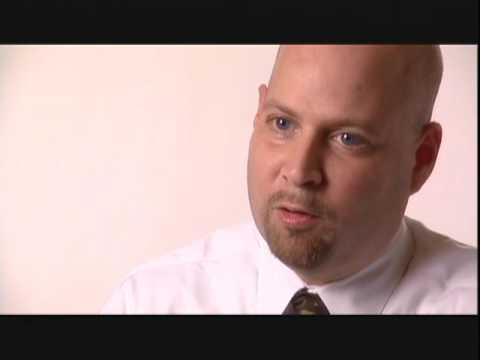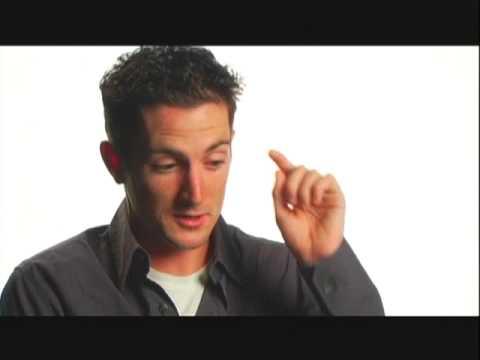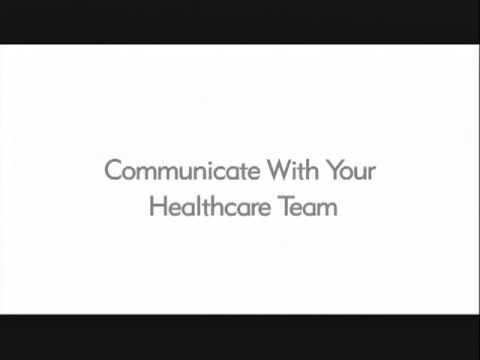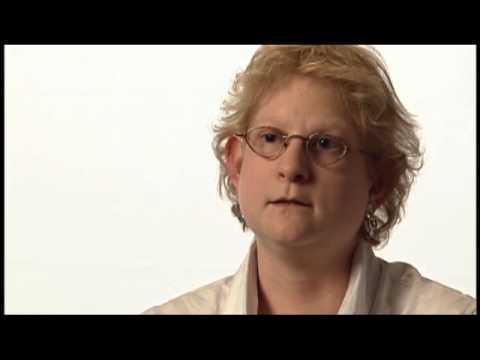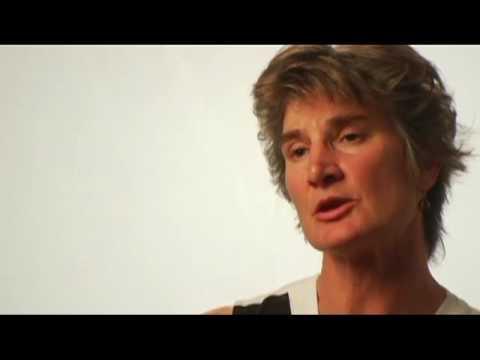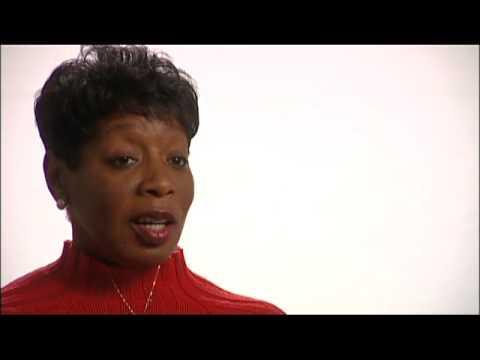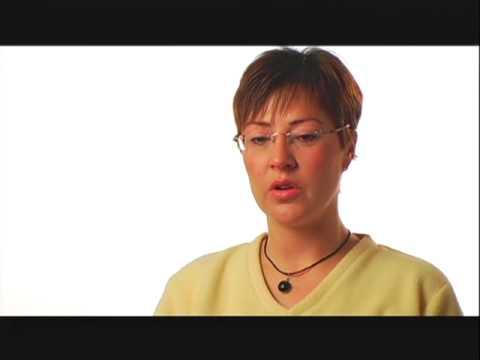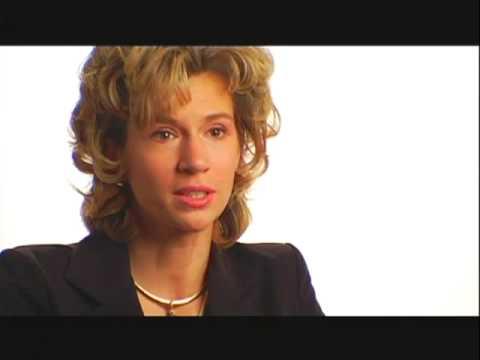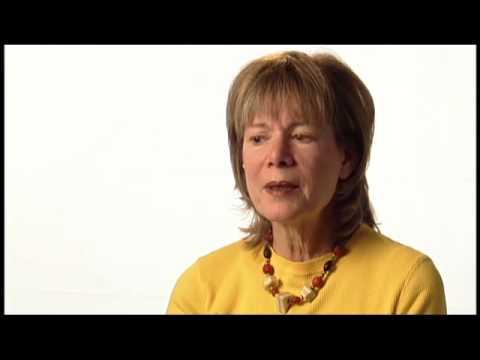Vera H.
I became a survivor of thyroid cancer when I was diagnosed in October of 2002.
I felt perfectly fine up until mid-August. I was getting a little bit tired, and I had my regular yearly exam at the doctor’s office. I went in and the doctor did all of her exam, and then felt my neck. She says, “You have a lump on your thyroid.” I had no idea what a thyroid even was. So I go into panic mode. She said, “No, no. It’s probably just a cyst. We’re gonna send you for an ultrasound.” From that point on, my life became test after test, and every doctor saying, “Thyroid cancer is very rare.” About the third test, I said, “Let’s take it out. Let’s be done with it.” They said, “No, no, no, no, no. It’s probably not cancer.” We did the biopsy. About two weeks later, I got a call from my doctor’s office. They said, “It’s cancer,” and the world stopped. Everything just stopped because you don’t hear survivor rates. You don’t hear, “It’s gonna be okay.” You don’t hear anything. You hear the word cancer and that’s it.
I take Levothyroxine. It replaces what your thyroid did. You don’t know how important your thyroid is until it’s gone. It actually handles quite a few things in your body. It regulates your body temperature from hot to cold, your memory, and mood swings. When they said, “We’re gonna take all the medicine away, and you’re gonna be on your own,” I was ready to go to work and tell everybody what I thought of them. Instead, I cried. That’s all I could do was sit there and cry. There would be times when I was going somewhere and forget where I was going. The last day that I worked, before I went off the treatment this last time, I was driving home and could not recognize any of the streets around me, and I was two blocks from my home. It’s pretty significant what difference it will make in your body from not taking that pill. I will have to take that pill for the rest of my life.
Fibromyalgia, the way it was explained to me, is arthritis of the muscles. It can be brought on by several different things: stress, car accident. A lot of things can trigger it. It seems that thyroid cancer was the trigger in me, because that was probably the most stressful thing I’ve ever been through. For the most part, they put me on Amitriptyline to help sleep and calm the body at night. That’s where a lot of my tension is at night. Then they gave me Celebrex, which is an anti-inflammatory. You learn to manage the pain, but it won’t go away.
I was very angry. Why me? Why did this happen? I’m a good person. My grandma had breast cancer in the 1970’s, when there was no survival rate, and my grandma’s 95 now. She looked at me and said, “Do you think that I’m a bad person?” I’m like, “No.” She says, “Why do you think you’re any different? Why do you think it couldn’t happen to you?” There’s a lot of, “I’m a young mom, and I don’t want this.” And she says, “Can’t tell you why you have it, but you can deal with it.” For a long time, I didn’t think I could deal with it, but support from friends, work, and my own mom kicking me in the butt a few times got me moving forward. But I think anger would be a totally natural feeling, especially the “Why me? What did I do?” Because this is rare. Why couldn’t I have won the lottery?
Telling someone that you are first dating, “I’m a cancer survivor,” strains a lot of relationships. To put that on a new relationship is to come out of the gate and say, “There’s something I need to tell you. I had cancer. But I’m okay.” Because they go through all those same, “How long has it been? Can it come back?” All the questions you really don’t have all the answers to, but all you can say is, “I’m here today. I want to live today. We’ll deal with tomorrow.” I actually met somebody that’s really great, and he understands. I basically put it on the table in the beginning: “This is not who I am, but this is part of who I am. This is what I deal with. If you have any questions, feel free to ask me. Here’s the support group online. I’ll get you anything that you want to know about it when you want to know.” I think that for him, anytime I say, “I have this sore,” he’s like, “Go to the doctor.” “No, we’ve already been through that. It’s okay.” So you start to not tell, unless you know you’re going to go to the doctor. For someone new coming into the whole thing, it’s like what you go through in the very beginning. It’s, “Oh, my God, I’ve got cancer again.”
My daughter was nine when I was diagnosed. She’s now 11, fifth grade. It was very scary for her because she had never seen me cry. She’d seen me angry, but she’d never seen me not take care of things. She’d never seen me down. Going into treatment you sleep probably 17 hours a day, and she’d never ever seen that. I have not gotten my daughter in a support group. It’s one of the things that I wish that I would have done. It’s probably not too late. Kids are actually very resilient. At least with her, as long as she’s not dealing with it right at hand, she’s on about her merry way. But for a while, we would wake up and she’d say, “Mom, are you gonna die today?” And I’d say, “No, honey, I’m not gonna die.” But on purpose, we kept the day of surgery a secret from her. She went to school that morning. I went, had surgery, and then was home by the time she got home from school. We didn’t want her to fret all day at school that this is what’s gonna happen. During the radiation, it was probably the very hardest time, because directly after radiation, depending on how much they give you, you can’t be around them for up to 72 hours. So they would bring her to see me, and we would look at each other through the glass, and that was very hard. She’s stronger, and now she also knows that cancer doesn’t mean you’re gonna die. Cancer means that you’re probably gonna be pretty sick for a while, but you can get better.
I’m the breadwinner of my family, so when you’re dealing with something major and you don’t know how long you’re gonna be out of work, that’s huge. I had a lot of time saved up at work, and they did some leave sharing, which basically saved me, but there was still that panic. “What are we gonna do? How am I gonna pay for the medical insurance that I now need to have? How am I gonna make sure my daughter eats and my bills are paid?” That’s very scary. My work didn’t offer short-term disability, so I had to be out 90 consecutive days to tap into the long-term. During that time, there was nothing. I was lucky, because I had a lot of leave and then I had very compassionate coworkers who donated into the pool to help me stay out and heal. But a lot of places don’t have that. There’s nothing that says to a company or corporation, “This is important, and we need to make sure these people get better. How can we help do that?” I think everybody looks at the bottom line, but having an employee that comes back to work too early and is not fully healed is not a good thing either.
There are a lot of resources out there. Thyroid cancer has a great support group online. I don’t participate in it that much, but I read the posts. When I went off the thyroid medicine to go for treatment, my whole body itched. Peel your skin off itching. As I read through, a lot of people were experiencing that side effect. When I called my doctor’s office, of course, they had never heard of that. But people going through the treatment are the ones who know, and those are the ones to ask. Every time I’ve had an important question, that’s what I’ve done is log in and say, “Okay, I need help.” And they are right there.
Live strong means that you live your life as strong as you can. Though you’ve had obstacles and had weak times in your life, you bounce back and become a stronger person. I’m very involved in my community. I am an active member in the Junior Chamber. I work for Girl Scouts, which is a non-profit organization affecting many, many girls. I live strong through my daughter, teaching her to be the best person that she can be.
My name is Vera Hunter, and I’m a two-year thyroid cancer survivor.
